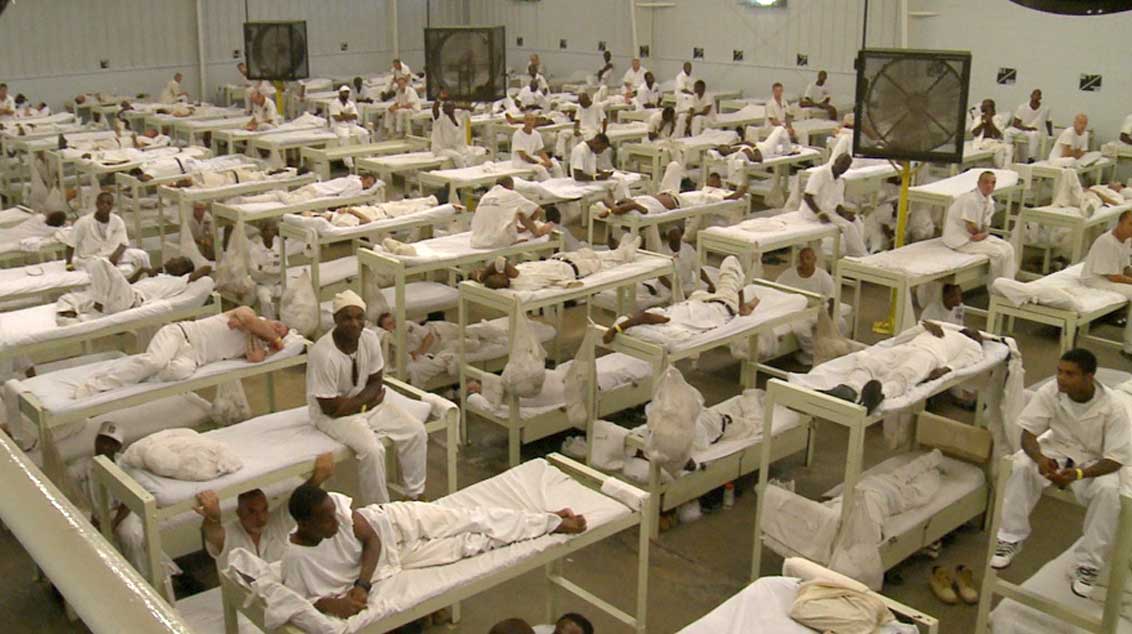When I first visited Egypt, it was the best experience of my life. I lavished in all of the typical tourist attractions, such as visiting the pyramids and tombs, riding a camel through the desert and even eating the rich ethnic food in local restaurants. I was able to see the bustle of commotion that occurred on a nightly basis within the village where people worked hard by day and stayed up into the wee hours of the night walking the streets. I saw people drinking coffee together while yelling at the TV on one side of the road, various men moving their donkeys and merchandise across the road causing a routine traffic scene and even kids running through the streets in their leather sandals throwing stones at each other. But, since my whole entire family comes from the country, I was able to peel back the surface of Egypt only the tourist views to reveal a layer very few visitors get to see: the layer of poverty that underlies the rich beauty of Egypt. When I took the time to simply turn the corner of the local market or tourist site, I could see young homeless children begging for food in tattered rags that would remain their only form of clothing for months, orphans reaching out to me with their bare hands yelling “Akl,” food.”. If you even attempted to reject the awe which Egypt instills in you, as I did, you could see clearly a beautiful country that leaves its inhabitants starving. Six years later, this scene of Egypt remains unchanged; over 80 million Egyptians remain hungry and jobless, now not only begging in the streets for food, but also for the winds of change to brush aside the pain of the past. But, with the reign of tyranny of Hosni Mubarak finally over, Egypt can finally begin with a fresh start, if its new president, Mohamed Morsi, a member of the Muslim Brotherhood political party in Egypt, is ready to rectify the problems head on.
When Morsi accepted office on June 30, 2012, some were worried about his strong Muslim ties. When he appointed his new irrigation and water minister, Hesham Kandil, a relatively inexperienced candidate for the job, Egyptians were once again left skeptical about the country’s fate. This lack of support has made the president’s task of selecting a prime minister difficult since most potential candidates for the position refuse to have any part in helping the Muslim Brotherhood with its agenda.
In order for Morsi to enact real change within the failing country, he must first reclaim support from the Egyptian people. The only way to do this would be to show the people that Egyptian leadership stems from one strong front, an impossible act if the military refuses to relinquish its power, including the legislative power it gained during the revolution of 2011. If Morsi does not quickly do follow suit, then a power struggle will continue to ensue between the two entities, stalemating any potential change for the future and leaving the Egyptian people unsupportive.
Though many wonder about the new Egyptian foreign policy, Morsi must, instead, fix the country internally before even beginning to think about how the country will stand globally. Egypt needs to put itself first again before signing any treaties, dealing with foreign policy or before establishing allies. Morsi must first fix the economic, social and security problems that infect the country from within. For over a year now, Egypt has seen a dramatic surge in crime, deadly street protests and non-stop strikes that have targeted many hospitals for failure to administer aid, causing many to shut down. How can Morsi even begin to initiate contact with countries, such as Saudi Arabia, when people die every day from a lack of protection from the police force that has abandoned its post because of the out-of-hand protesters? These strikes and accompanying shortages have led to the devaluation of Egypt’s stocks, which only leaves outsiders and citizens to believe that the country has no hope. In order to regain support, Morsi must act quickly and effectively to reveal that, among the darkness, hope does, in fact, lie in the country’s fate. For now, Morsi must build a solid foundation for Egypt to grow upon, eliminating corruption and unemployment so that it may flourish. If Morsi launches the country headfirst into foreign policy with the Arab nations against Israel, then Egypt could, once again, suffer the humiliating losses of 1956 (the Suez crisis) and 1973 (Yom Kippur war).
To signal change, Morsi should redraft the Egyptian constitution, concentrating on adding on to the amendments put into place by the revolutionary military government and even potentially strengthening The Eighth Amendment about religious freedom to signal a separation between Morsi’s religion and politics which worry so many. Morsi should also nationalize companies and industries to promote the economy like Nasser did in 1957 with the tobacco and pharmaceutical industries. Not only would this help the economy, but it could also lead to more job creation and ultimately lower the unemployment rate. With swift executive actions such as these, Egypt and its citizen can start to rebuild a foundation that was left crumbling for so many years. Ultimately, Morsi has his work cut out for him, work that will truly test his abilities. While some think he may fail, in the end, he is the first sign of real change for Egypt that people never thought would come, and with that great hope can be instilled.
Though Morsi faces many challenges in his future, he is a sign of change for the Egyptian people. Just by making the conscious decision to not live in the presidential palace, but instead choosing to reside in his own home, Morsi symbolizes an administration of new beginnings for Egypt.





